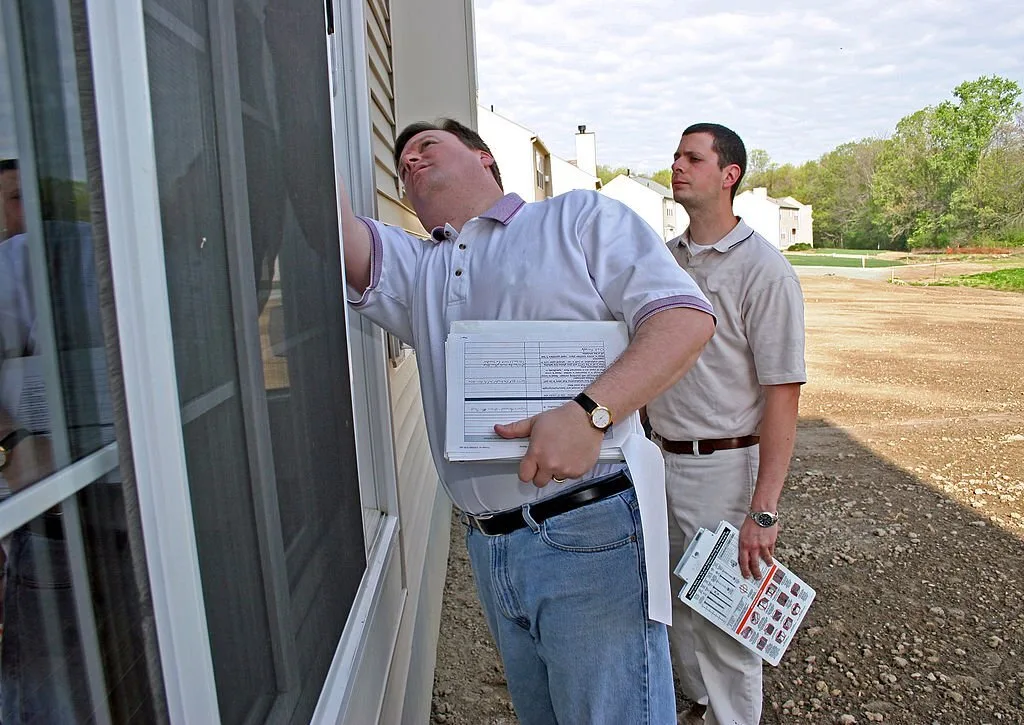From Roofs to Basements: A Comprehensive Guide to Home Inspections in St Louis
Investing in a professional home inspection is strongly advised when purchasing property in the St. Louis area. A thorough inspection helps buyers assess a home’s overall condition, identify issues that may require repair, and gain peace of mind before closing.
This guide covers key aspects of getting a home professionally inspected in St. Louis. Follow these tips to ensure the inspection provides maximum value and protects your investment.
Choosing a Qualified Home Inspector
- Verify inspectors are licensed in St. Louis/St. Charles County and carry required insurance policies.
- Look for membership in professional organizations like InterNACHI and ASHI.
- Ask about years of experience and the number of inspections completed specifically in the St. Louis market.
- Read through sample St Louis Home Inspection reports to understand reporting thoroughness.
- Ask for references from past St. Louis area clients.
- Consider A Buyer’s Choice@ finalist inspectors who are vetted for quality.
- Avoid relying solely on a personal referral without verifying credentials.
- Consider inspectors affiliated with local real estate firms as an option.
- Expect to pay $300-$500+ for a professional inspection of a typical single-family home.
Preparing for the Home Inspection
- Schedule the inspection as soon as possible once your offer is accepted. Build lead time into closing date calculations.
- Plan to attend the full inspection whenever possible. Inform the inspector of any areas of known concern ahead of time.
- Ensure all utilities are turned on, including water, electric, and gas service.
- Make sure the home is accessible and no areas are obstructed or dangerous to access. Remove stored items when possible.
- Have manufacturer manuals available for any appliances left in the home.
- Know the location of keys for any locked areas needing inspection, including gates, sheds, garages, fuse boxes, etc.
- Keep pets securely away from the inspection areas for safety.
What the Inspector Will Examine
- Foundation and framing – Checking for cracks or evidence of settling that may indicate structural issues. Probing for moisture intrusion.
- Exterior siding/trim – Looking for damage, rot, or evidence of pests. Evaluating type and age.
- Windows and doors – Testing for functionality, condition of weather-stripping, and evidence of moisture damage or air leakage.
- Roof and attic – Assessing roof age, condition of shingles/materials, and any signs of leakage. Examining ventilation and insulation in the attic.
- Plumbing – Checking functionality of fixtures/pipes, water pressure, drainage, water heater safety and efficiency. Looking for leaks, corrosion, and proper venting.
- Electrical systems – Testing outlets, wiring, breakers, and system capacity. Evaluating safety and compliance with code.
- HVAC systems – Checking condition and approximate age of units. Testing airflow, thermostats, ductwork, and filters.
- Kitchen appliances – Testing basic operation and inspecting for potential issues.
- Washer/dryer connections – Verifying hookups are present and properly configured.
- Pest/termite infestation – Checking for visible signs of rodents, termites, carpenter ants, etc.
- Mold/moisture issues – Using an infrared camera and moisture meter to scan for hidden moisture and related mold growth.
What Won’t Be Inspected
- Asbestos, lead paint, and other environmental hazards
- Private septic systems or community sewer lines
- Water quality testing
- Security systems
- Swimming pools, hot tubs and outdoor kitchens
- Cosmetic flaws and decorative items
- Hidden defects or areas not visually accessible
The Inspection Report
- Can range from 10-50+ pages documenting all systems and areas inspected.
- Includes detailed descriptions and images of issues discovered. Provides cost estimates for repairs when possible.
- Rates issues from minor to major concern. Prioritizes critical safety issues.
- May recommend specialists for further evaluation of complex issues like foundation stability, roofing, etc.
- Provides maintenance tips and suggestions for extending the life of systems like HVAC units.
- Summary section gives the inspector’s overall assessment of the home’s condition compared to similar aged homes.
Using the Inspection Report
- Closely analyze and discuss the findings with your real estate agent to determine next steps.
- Consider which repairs are deal breakers and which you can negotiate with the seller.
- Additional specialists may be needed to further assess the seriousness of complex issues.
- Be present for any re-inspection needed after major repairs are completed by the seller.
- Review the report again before closing to recall any ongoing maintenance needs and warranty transfer details.
While thoroughly inspecting the property takes diligence upfront, the peace of mind and information gained make an inspection extremely worthwhile for home buyers in St. Louis. Paying a professional to assess the home’s true condition can provide objective insights that make a big difference in your investment.







